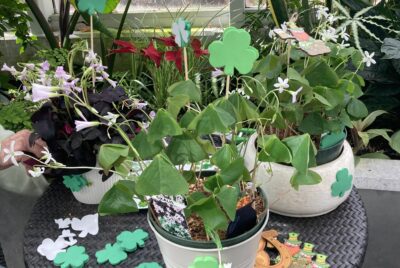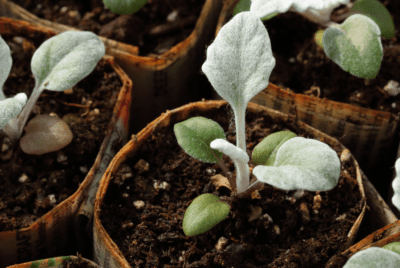RESEARCH
Impact of Horticultural Therapy in Social Intelligence of people with Autism Spectrum Disorder
Summary
This study looked at whether gardening activities, known as horticultural therapy (HT), could help improve the social intelligence of people with autism. Ten participants between the ages of 10 and 25 from two rehabilitation centers in India were involved in the study. Over a one-month period, they took part in indoor and outdoor gardening activities like planting seeds, watering, flower arranging, and observing plants. Social intelligence was measured before and after the program using a tool called the Vineland Social Maturity Scale, which evaluates social age and social quotient.
The study found that six out of ten participants showed improvements in social skills like communication, independence, and adaptive behavior. These participants were more engaged, interacted better in group settings, and showed greater emotional responsiveness after the therapy. On the other hand, four participants showed no improvement, possibly due to more severe developmental delays or inconsistent attendance. The authors suggest that regular and longer-term participation in horticultural therapy may lead to better results for all participants.







